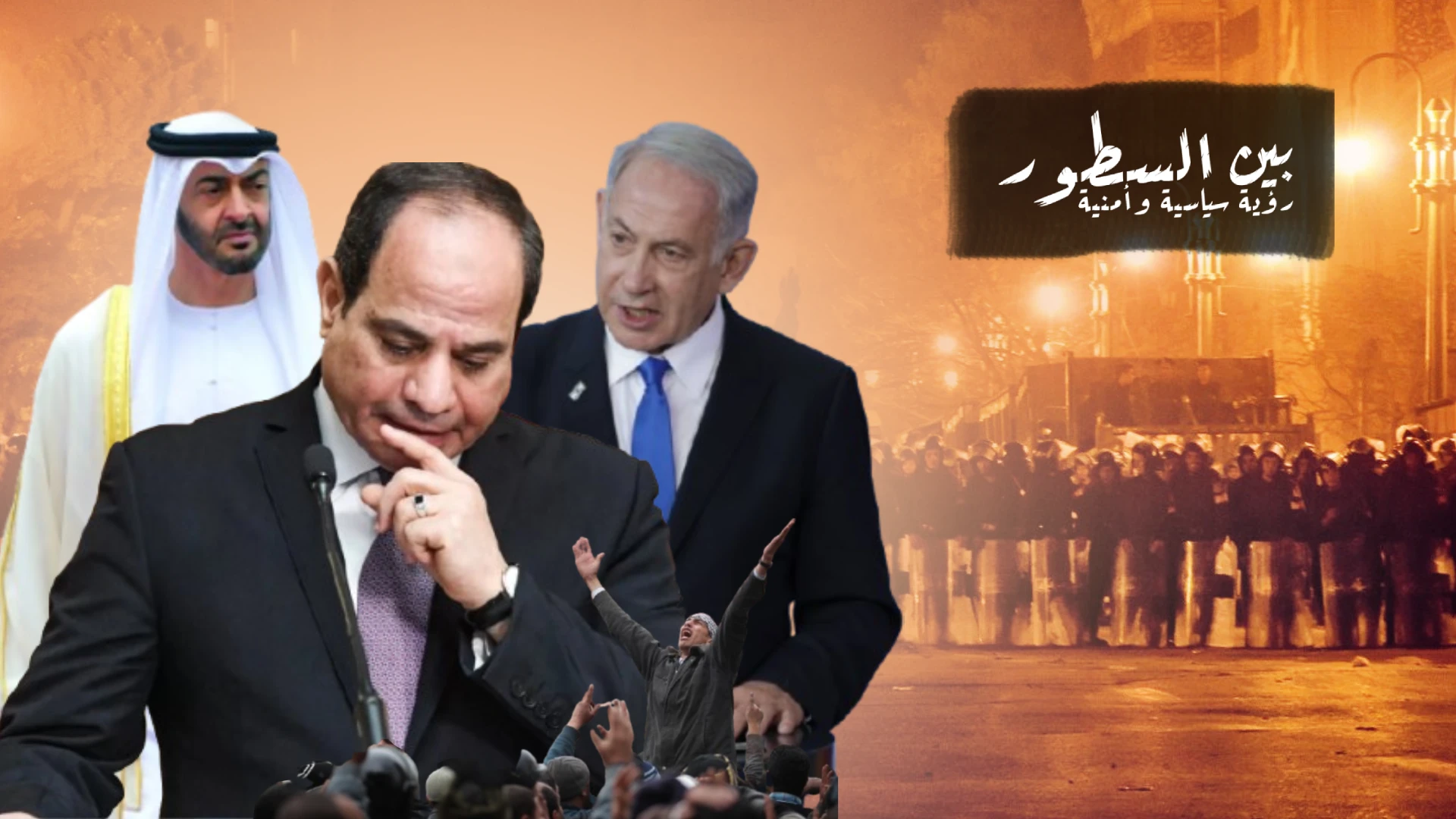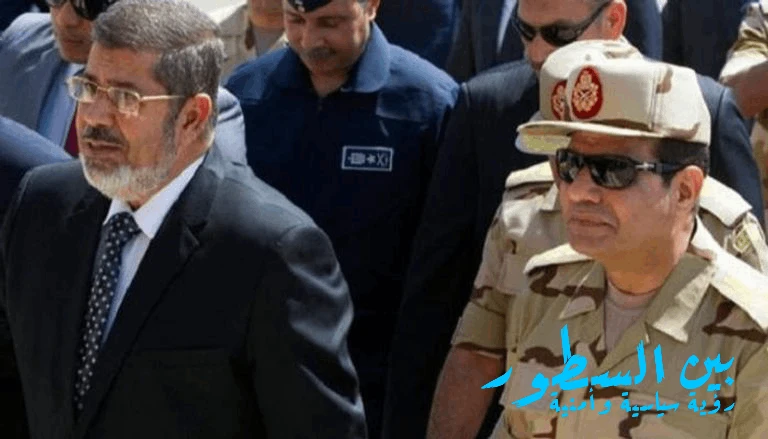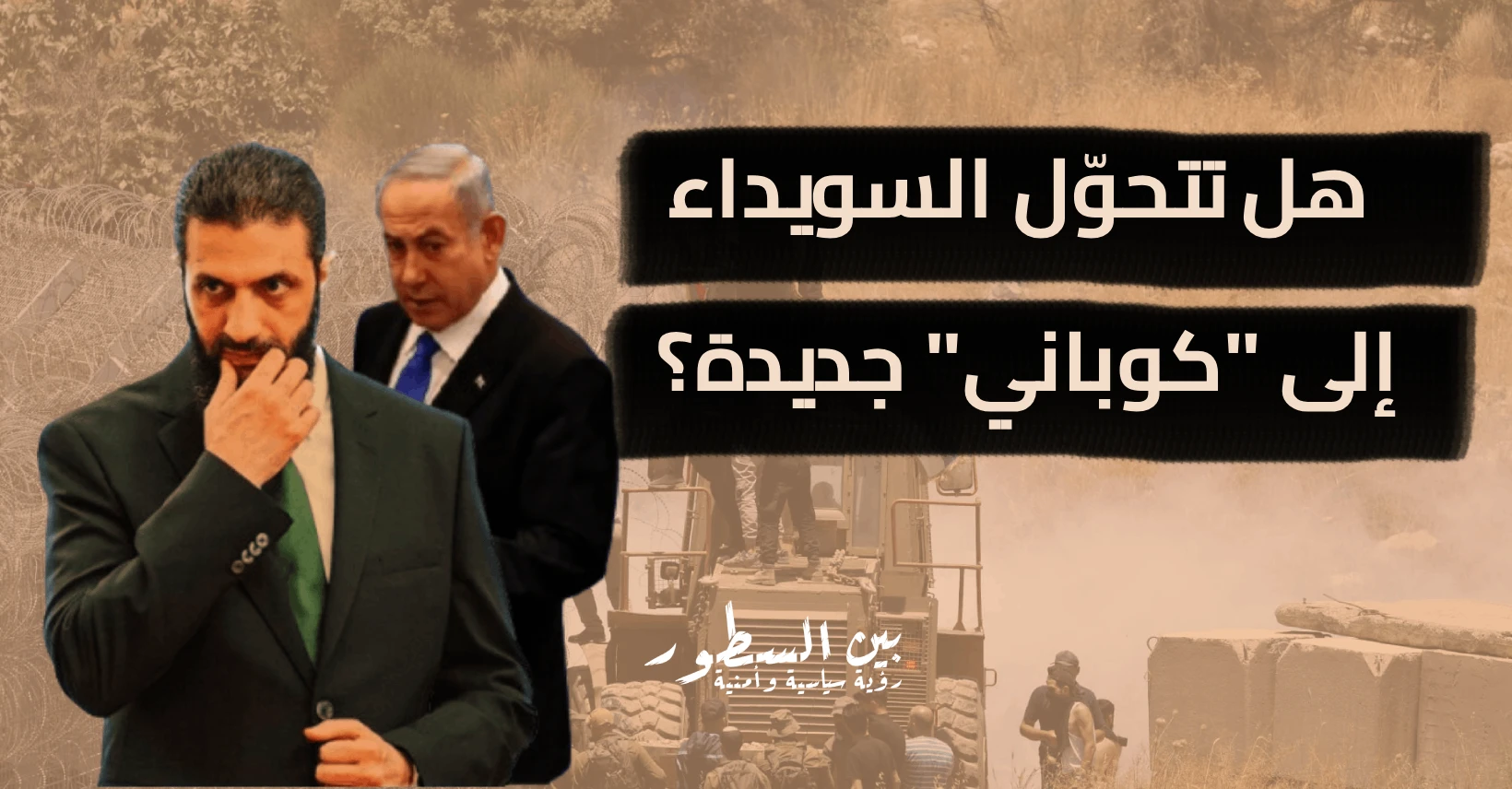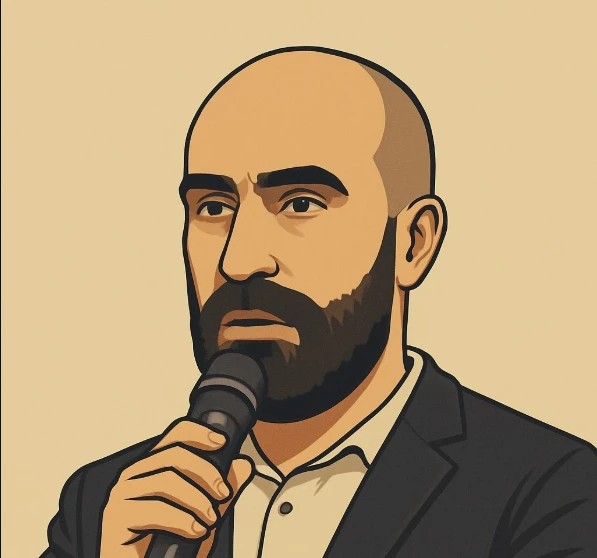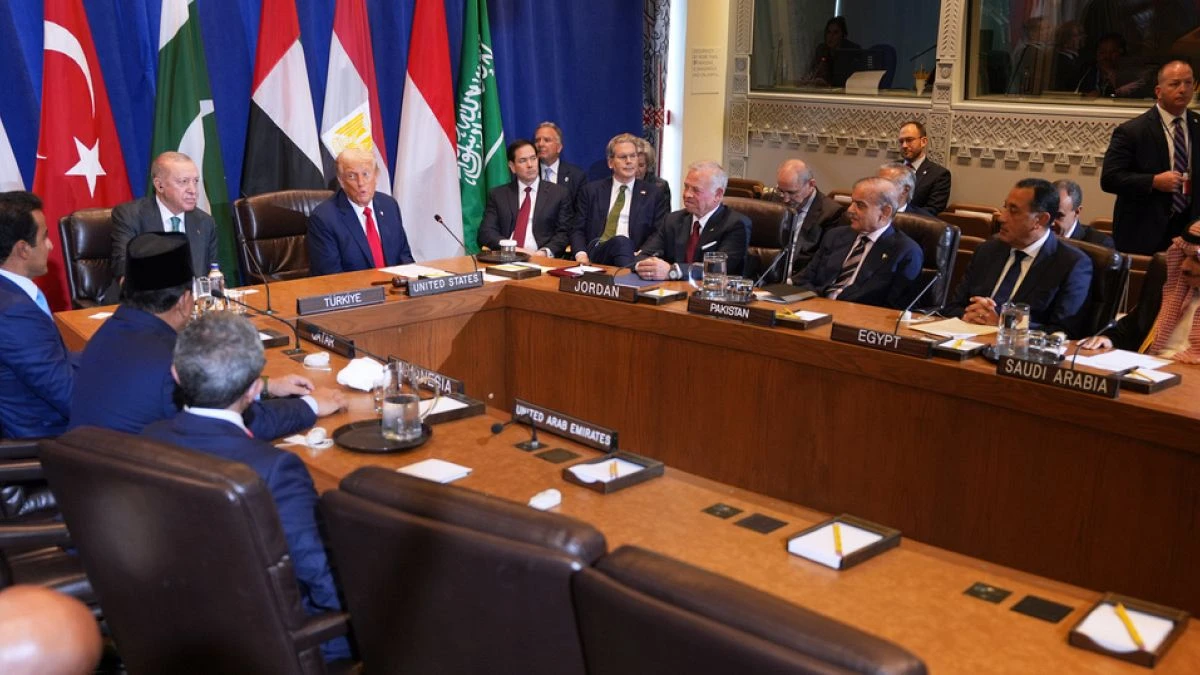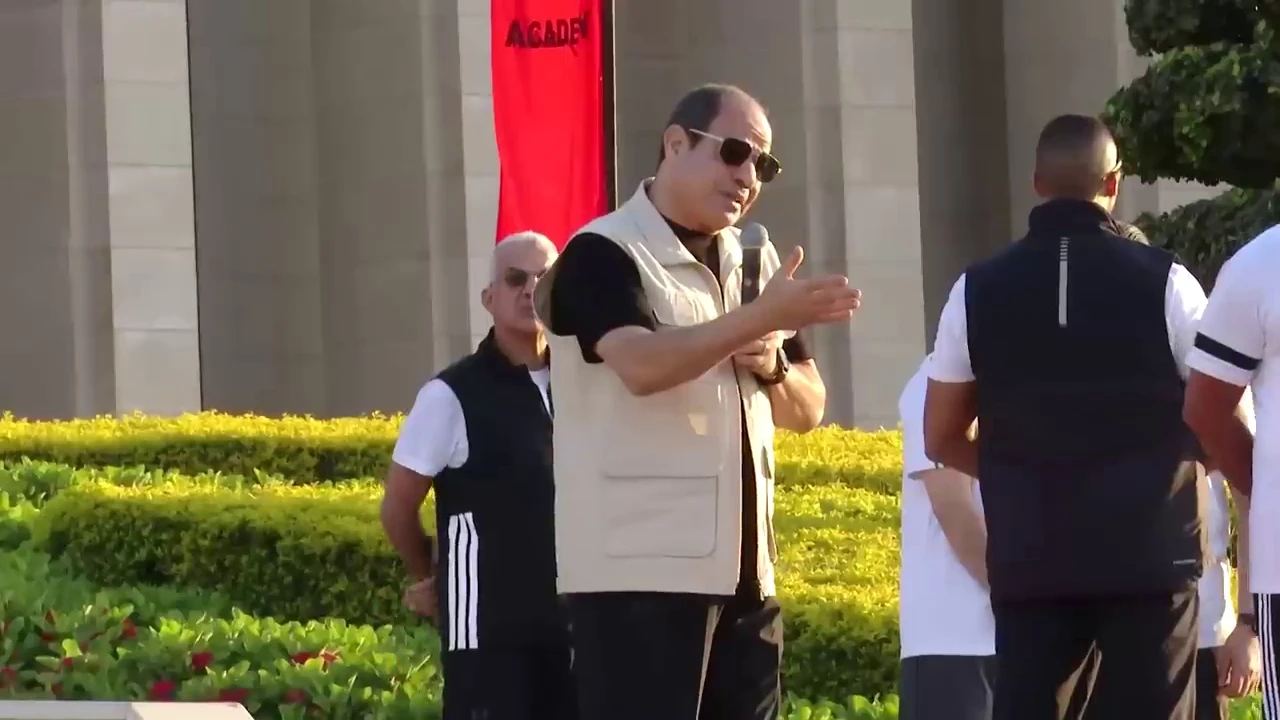Egypt Between the Military and Foreign Influence: Three Scenarios for Upcoming Change
This is an AI-generated English translation. The original text is in Arabic.
Since July 3, 2013, Egypt has not only been under direct military rule as it had been since the coup of July 1952 led by Egyptian army officers, but it has also become a hostage to a regional-international project led by Gulf regimes under an American-Israeli umbrella. This project aims to: overthrow any democratic experience with an Islamic character, establish obedient and subservient regimes that guard the borders of the Zionist entity, and protect thrones and kingdoms threatened by their own peoples. Since that day, Egypt has been entirely managed from abroad.
Over more than a decade, the Egyptian scene has been carefully designed to return the army to the forefront of power after it lost it for one year, and to eradicate everything that the rise of Islamists represented as a threat to the old equation in the Middle East, by imposing stability through force and brutality. However, it seems that this regime is today facing a noticeable internal decay, which has been evident in the numerous jumps from the ship that have occurred recently by those affiliated with the regime, and the intensity of unofficial Gulf statements.
Today, Egypt stands at a critical crossroads between internal tyranny and regional and international pressures.
Three scenarios outline its future, but which one will truly serve the people?
In this analysis, we reveal the options available to Egyptians to gain their freedom, and whether there is a real opportunity for that or just an illusion.
The Gulf... The True Godfather of Sisi's Coup
Contrary to the official narrative led by Sisi since his coup, Abdel Fattah Sisi was not the one who led this coup in 2013; he was merely a tool, prepared, funded, and launched from within a regional operations room. The spearhead of this was Saudi Arabia and the UAE, coordinated under the eyes of Tel Aviv and the approval of the White House. At that time, Sisi was more than just an ambitious officer; he was the commander of the army and the minister of defense, which enabled him to possess the only key to power that Egypt has, which is the army. From the very first moment of Morsi's rule, Riyadh and Abu Dhabi began mobilizing the scene through funding hostile media, supporting protest movements, and direct communication with leaders in the army and so-called sovereign agencies.
Hours after the coup, the Gulf opened its coffers wide, pouring more than $50 billion into the body of the military regime in Egypt, not only to support it economically but to ensure its survival in the face of any protest movement, and to support it in consolidating its coup and combating any internal desire for change or rejection of this coup. This support was not only financial but also media, security, and strategic, with a clear goal: to break the Islamists, primarily the Muslim Brotherhood, and prevent them from returning to power at any cost.
Since that day, Egypt has turned into a large prison, filled with smaller prisons, where no citizen is allowed to object or complain. The political situation in Egypt, which had been trying to breathe after the January 25, 2011 revolution, was stifled, and Egypt became a tool for protecting the interests of both the Gulf and Israel.
The Egyptian Army... Owner of the State, Not a Part of It
Historically, the Egyptian army was not an institution whose purpose was merely to protect the state; rather, it considers itself the owner of the state since 1952, after which the army monopolized power, wealth, and decision-making. Over time, the empire of the army expanded into all sectors, from real estate to agriculture, from media to bakeries, and even organizing Hajj and Umrah.
When Morsi rose to power as the first and last elected president through a true popular choice, the army felt that for the first time in its history, it might begin to lose some of its powers that exceeded the limits of defending the homeland. Therefore, the army's response was harsh and decisive, supported regionally and internationally, by killing opponents. For the first time, we saw the Egyptian army used against its own people, after this had been the prerogative of the police and security institutions.
At that time and until today, the army's logic has been clear: we are the owners of the country, and any civilian authority must be merely a facade for us and temporary; the army sees civilians as second-class citizens, unworthy of a military salute.
Therefore, when Morsi was removed from power, it was not only Sisi who moved, but the entire military institution after it felt threatened by its privileges.
Systematic Destruction of Life in Egypt
Throughout Sisi's reign, which continues to this day, Egypt has not only witnessed a political and military coup but has also experienced a complete social and economic collapse, where poverty rates have increased, and external debts have doubled due to excessive borrowing that has not benefited the Egyptian people, but rather the contractors of the regime and those who benefit from it, primarily senior army officers.
The middle class has eroded, services have declined, and the role of security agencies has inflated, leading Egypt to a state of complete political paralysis and deliberate societal erosion.
The Egyptian people have been completely marginalized, political and media sources have been dried up, and freedoms have been crushed. All of this has been supported and funded directly by the Gulf, which sees in Egypt nothing but a bulwark against Islamists, and an arm to regulate the regional rhythm in line with the security of the Gulf and Israel, not with the interests of Egyptians.
Islamists Under the Gulf Guillotine
For 13 years, the Gulf has waged an open war against Islamists everywhere, especially the Muslim Brotherhood, where this war has not been merely political or tactical, but ideological and strategic. The Gulf does not want any democratic model in the region, let alone one that belongs to political Islam. This rejection is not only due to fear of expansion but also of popular demand contagion, where the danger in the Gulf stems from the idea that "legitimacy comes from the people, not from the king or prince," and this idea is enough to instill terror in those hereditary regimes.
The Gulf has not only supported the coup but has been its backbone and engineer, and any talk of the return of Islamists, or even civil opposition, remains contingent on a decision that is not Egyptian... but rather un-national altogether.
Signs of Collapse: From Fires to Public Criticism
It is impossible to ignore the intensification of a series of mysterious fires in Egypt recently, but what is striking this time is not the occurrence of the fires themselves â as they are common in the summer â but the scale of the exceptional media coverage accompanying them. One of the most notable incidents was the fire at Ramses Central, which received focused and unusual coverage, raising questions about its implications. In the Egyptian public consciousness, such incidents are often associated with political changes, as was the case with the Cairo fire before the 1952 revolution, or the fire at the Beni Suef Cultural Palace in 2005, among other incidents at the end of Mubarak's era, as well as during Morsi's days, which were marked by repeated train accidents.
In parallel, unprecedented discontent began to emerge among some affiliated with the regime, most notably Ibrahim Eissa, who made bold statements, and Ashraf Al-Saad, who began publicly criticizing Sisi's absolute control over decisions. This shift may reflect a discontent within some circles of finance and media regarding individual rule, but it also expresses the orientations of the regional entities that manage these media figures, who often speak according to non-Egyptian agendas.
But the most important question remains: what are the scenarios for change in Egypt, and what benefits will accrue to the Egyptian people from them?
Scenarios for Transformation: Which Path Awaits Egypt?
Looking at the Egyptian reality, any movement led by the army would never serve the interests of the people; rather, it is merely a movement to reshape power and form the ruling and benefiting class from the situation within new frameworks, and a superficial change that works to curb the people's aspirations and renew hope for the possibility of the people obtaining the desired freedom. Any popular movement that the Egyptian army does not approve of will not pass quietly, and the army and authority will intervene with the force of arms to prevent this type of change, as the army and security agencies are the only ones who possess the authority of arms in the country. Here comes the third option, which is the Gulf option for change, which in turn will not benefit the Egyptian opposition in any way, as the Gulf is the one that led Egypt to this dire situation, and it has its own problems with the rise of active political Islamic currents in the region, but it may be satisfied with the arrival of a ruler from a jihadist background as happened in Syria, where this ruler can always be placed under the pressure of international recognition, forcing him to continuously defend himself and whitewash his image, making him a servant and hostage to the Gulf and its plans.
Therefore, in Egypt, we are faced with three possibilities for change that we discuss and try to extract the benefits that will accrue to the people, especially the Islamists, as many in the population belong, even emotionally, to this faction, in addition to the leftist opposition.
Civil War Option:
Although this scenario would be devastating on all fronts, it may lead â in the eyes of some â to dismantling the military grip similar to what happened in Syria and opening the door for radical change through the redistribution of the right to possess arms, but this scenario remains completely rejected by the Gulf and Israel except in certain cases.
Israel could be the biggest beneficiary of this scenario if it manages during the period of violence to target many vital locations and weapons of the Egyptian army, ultimately leading the army to become similar to the Syrian army that cannot respond to any hand that touches it, especially if it is Israeli. This scenario also greatly assists Israel in implementing the plan to displace Palestinians from Gaza to Sinai, a plan that faces significant rejection from the current Egyptian authority.
However, at the same time, Israel and the Gulf reject this scenario for fear that its duration may be prolonged as happened in the Syrian case, which took more than 10 years to reach the desired state for the Gulf and Israel, especially since 2030 represents a pivotal stage in their projects (Neom, normalization, and transforming the Gulf into an economic and strategic base for Israel).
On the popular side, this scenario could be a huge gain for the Egyptian people to obtain their freedom from the military regime, but at the same time, it would be hostage to any neighboring regional power, which means it would return, albeit after a while, to the original state of tyranny and oppression.Removing Sisi and Recycling the Regime:
The option of removing Sisi by his regional and international sponsors, replacing him with a "more flexible" figure with the people, and with Israeli and Gulf demands, while maintaining the army's control. This option may temporarily calm the internal situation as has been the case, but it will not bring Egypt to the reassuring state required for the post-2023 phase, and at the same time, this scenario does not serve the interests and demands of the people for freedom and dignity, but rather reproduces the same authority under different names.Superficial Reforms and External Support:
Among the proposed options, which seem to be the last option to consider, is that Sisi offers some superficial concessions, releasing some detainees with a change in media rhetoric and combating corruption within certain limits, in exchange for continued Gulf and Israeli support. This scenario also does not change the essence of tyranny, but beautifies it. At the same time, Sisi will have to agree to the issue of displacement, which will inevitably lead him to face the people more than the current confrontation.
Conclusion:
Through these three scenarios, it is clear that the scenario most beneficial to Israel is for Egypt to sink into civil war or to suffer strong blows to the Egyptian army that set it back steps, facilitating the implementation of its plans in the region.
As for the Gulf, it leans towards the second option; removing Sisi and recycling the regime, bringing in a more conciliatory figure that allows for some spaces of freedom for the people, but in a temporary and monitored manner.
As for the Egyptian people, they will not gain their rights or a true democratic state, as Egypt is located in a difficult geographical area that forces the regional mover to rely on tyranny and dictatorship as a means of control. All options, whether war, Sisi's continuation, or recycling the regime, will be costly for the people and will not change their suffering.
In the end, Egypt remains trapped between the aspirations of its people, internal repression, and external interests. The question remains: can the Egyptians carve out a fourth path that takes them out of the cycle of these three scenarios?

